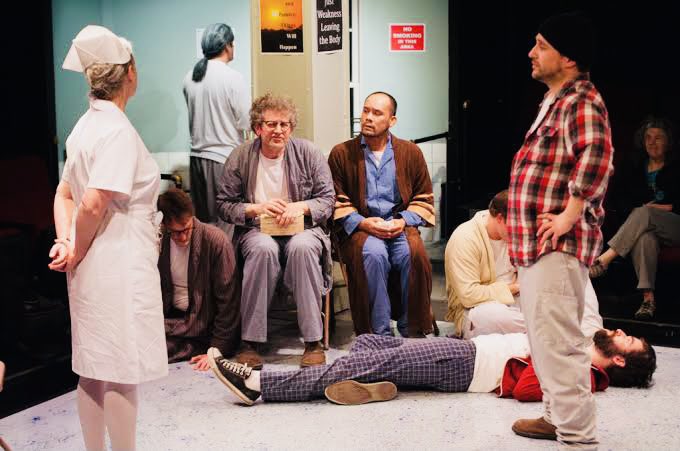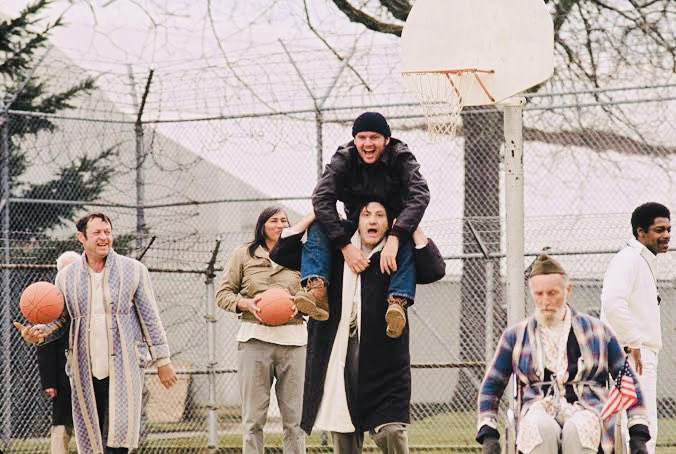
“If patients were powerful rather than powerless, viewed as interesting individuals rather than diagnostic entities, if they were socially significant rather than social lepers, if their anguish truly and wholly compelled our concerns, would we not seek contact with them? 

The facts of the matter are that we have known for a long time that diagnoses are often not useful or reliable, but we have nevertheless continued to use them. We now know we cannot distinguish sanity from insanity. It is depressing to consider how that information will be used. 

Not merely depressing, but frightening. How many people, one wonders, are sane but not recognized as such in our psychiatric institutions? How many have been needlessly stripped of their privileges of citizenship from the right to vote and drive? 

How many have feigned insanity in order to avoid the criminal consequences? How many would rather stand trial and are wrongly thought to be mentally ill? How many have been stigmatized by well-intentioned, but nevertheless erroneous, diagnoses? 

Finally, how many patients might be “sane” outside the psychiatric hospital but seem insane in it – not because craziness resides in them, as it were, but because they are responding to a bizarre setting, one that may be unique to institutions?” 

Adapted from: On Being Sane in Insane Places by David L. Rosenhan. Originally published in Science, New Series, Vol. 179, No. 4070. (1973). #HealingTrauma 

• • •
Missing some Tweet in this thread? You can try to
force a refresh










